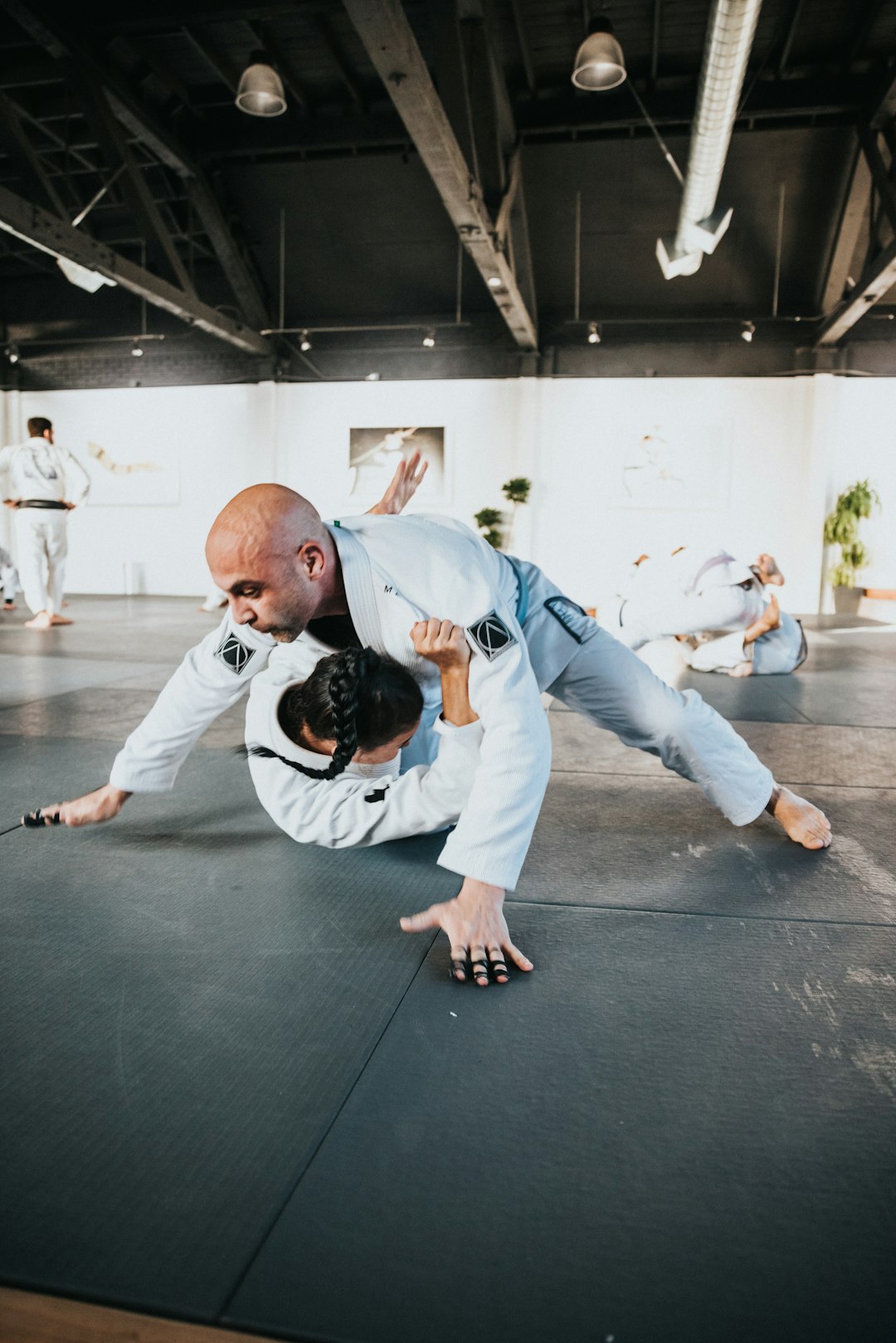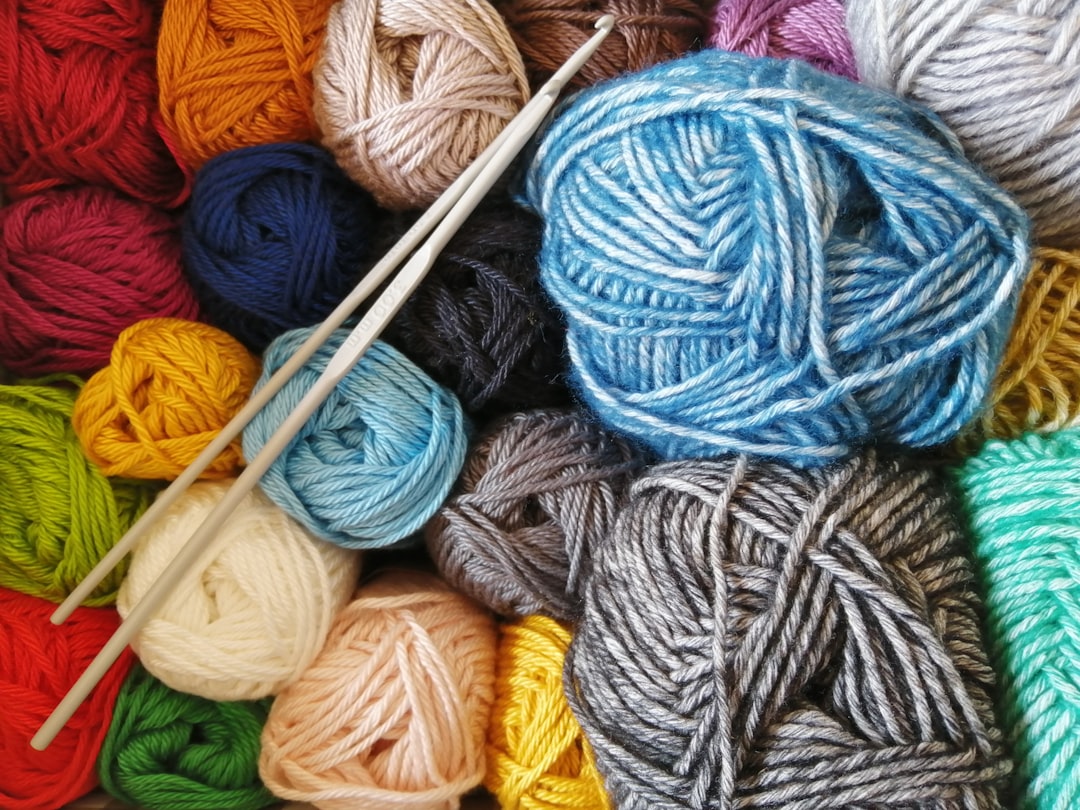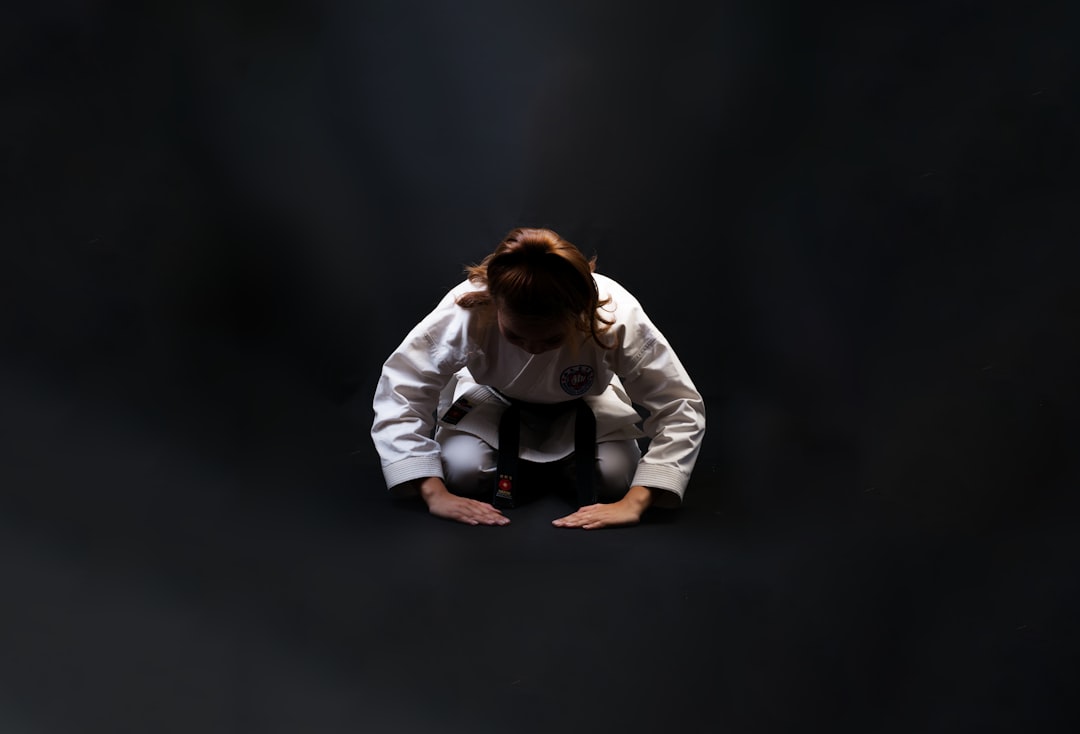Why Deep Play is Marvelous for Deep Work
The surprising ways that play can lead to our best work.

I’d been working all day on a paper that was due in a grad class the next afternoon, and I felt like the argument wasn’t yet clear. It was approaching 6 p.m., and I was concerned that if I stopped working now, I wouldn't have anything presentable the next day. My back ached from sitting for so long; I could feel the tension in my chest; and my mind was turning to mush. I wanted to force myself to keep going so that I could finish the paper and feel better about it. The only way to get past my fear was to keep working, or so my anxious mind told me.
"Just go to jiu-jitsu, and you'll feel better," my partner said when I called to tell her I was skipping my regular martial arts training in order to continue writing. "You need a break," she assured me.
Torn between the workaholism I was learning in graduate school and my awareness that my partner was right, I reluctantly agreed that I would go train for a little while and just pick up work when I got home.
Fast-forward less than an hour, and the paper I was writing had vanished from my mind. Instead, I was trapped beneath another human who was attempting to choke me, engrossed in a sweaty game of mat chess. To get out of the precarious position, I needed to be hyperaware of the other person's movement and balance while also remaining willing to keep problem-solving until I could escape.
Escape I did, but not just from an uncomfortable position in jiu-jitsu. I had escaped the myth that nonstop work is the cure for uninspired research and stress. After training, I was physically exhausted, but my mind was clear, my mood relaxed, and the tension that had settled in my chest over the course of a stressful writing day had vanished.
When I got home from training that night, instead of working, I ate dinner, showered, and went to bed. My feelings about the urgency of the paper had been mitigated, and I decided it would be a challenge I’d face tomorrow. Something strange happened when I returned to the paper the next day: I could suddenly see more clearly and ended up finishing it with a couple hours more work. I would have spent many more hours on the paper if I had skipped jiu-jitsu and toiled away when I was completely exhausted.
This is one of hundreds of times when I chose jiu-jitsu over extending my work day, and I have yet to be disappointed by my decision. This is one of hundreds of times where I said I'd go back to work after jiu-jitsu and then didn't because the mats soothed my anxiety and gave me a fresh perspective on the urgency of my work.
By engaging in activities that provide us with a sense of flow, challenge, and creativity, we can tap into the rejuvenating power of play, improving our well-being and work productivity.
Deep Play
Brazilian jiu-jitsu is a type of "deep play" in which your mind and body are fully engaged, providing you with a sense of immersion and flow. It is a complex and strategic martial art that requires practitioners to use their creativity and problem-solving skills to overcome their opponents. It's not just about physical strength; it's about outsmarting your opponent and finding ways to use leverage and technique to gain an advantage. So deep play is not just about unwinding; it's also about experiencing a sense of challenge, creativity, and exploration, all of which can be deeply satisfying and rejuvenating.

As Alex Soojung-Kim Pang writes in Rest: Why You Get More Done When You Work Less,
Because play is voluntary, intrinsically rewarding, mentally and physically engaging, and imaginative, it’s often absorbing and effortless; even when it’s physically challenging or uncomfortable, it’s not difficult in the same way a hard at work is (p. 200-201).
When we are overworked or burned out, the wisdom we are given is that we need to rest, which often conjures an image of ourselves lying still on a beach somewhere or simply sleeping. We might imagine ourselves in a spa, reclining with cucumbers on our eyes and someone massaging our feet. While relaxing at the beach or spa and sleeping are important, not all of the solutions to feeling overworked and stressed require stillness or REM activity. Instead, we sometimes require complete immersion in an activity other than work. For example, I need someone to attack my foot joints rather than massage them in a game that requires my complete attention and detoxifies my brain and body.
Deep play is an activity that requires sustained engagement, provides a sense of challenge and creativity, and promotes overall well-being. Jiu-jitsu is one of hundreds of hobbies that can put you in a state of deep play. Others include rock climbing, photography, painting, gardening, knitting, or playing a complex strategy game in which you are completely immersed, find it challenging or creative, and feel a sense of fulfillment upon completion. Many gamers describe the experience of playing video games as deep play. Whether you're battling monsters in a fantasy world or strategizing with friends in a board game, gaming can be immersive and invigorating. Deep play is often referred to as a "flow" state and has been shown to have numerous benefits for mental health, including increased focus, reduced stress, and improved mood.
“But, I’m Too Busy for a Hobby”
I've met many a graduate student or faculty member who devotes a large portion of their free time to their work rather than other aspects of their life. We want so badly to "make it" in academia—to pass the milestone, receive the accolades, get the job, and be promoted—that we believe the solution is more work and less time doing other things.
Pang’s research on rest and creativity reveals that
Creative people don’t engage in deep play despite their high levels of activity and productivity; they’re active and productive because of deep play (p. 202).
In his book, Pang gives example after example of major thinkers and innovators who had serious hobbies that they found deeply rewarding and even synergistic with their work. For example, Albert Michelson, an early-twentieth-century physicist whose research helped "clear the way for Einstein's theory of general relativity," was on the verge of a nervous breakdown due to overwork and exhaustion during his most famous experiment. After three months in a sanitarium to recover, he took up tennis and returned to the violin as his choice of respite from intense work. As Pang describes,
For Michelson and other creative figures, deep play didn’t compete with work; it was a way to express the same fascination with nature, the need to challenge one’s self, and passion for focus and concentration and problem solving. Seeing them as connected helps turn what could be seen as a time-wasting distraction into an important, valuable part of their lives. It helps justify pursuing these activities even if they’re time-consuming (p. 219).
Thus, in addition to the mental clarity and invigoration that deep play can provide, it can also give insight to our work in ways we might not expect. How many PNP posts have I already written about the connection between my work and jiu-jitsu? I've counted three thus far, and I could probably write a whole book's worth!
Finding Your Deep Play
What constitutes “deep play” is something you have to decide for yourself. I asked my dear readers to share examples of hobbies that allow you to become so engrossed in them that you forget about other things, such as work. Several of you mentioned knitting, baking, and gardening, which all sound like chores to me!
The flow found in deep play is highly individual. I doubt that putting on thick pajamas and rolling around the mats while someone drips sweat on you and pins you to the ground would be rejuvenating for every PNP reader. I also do yoga and run on occasion, but neither qualifies as deep play for me because my mind can be in a million different places at once. They do not captivate me in the same way that jiu-jitsu does.

As with all of the advice I give at PNP, you must find what works for you. Some of you already have deep play in your lives, but I hope this post gives you permission to lean more into that play. Some of you may have already given up so much of yourself to work that you're at a loss for where to begin. Pang observes that many people return to childhood activities because familiar deep play can transport us back to the flow state. I also recommend trying as many new games, activities, or crafts as you can until you find something that you enjoy because you never know what might captivate you if you give it a chance.
Who knows? It might even be sweaty mat chess.





Love this post, and it's my first introduction to the term 'deep play'. I'm familiar with taking a break from work, of course, but will really be playing (ha!), with this concept more and to incorporate more of it into my life... Especially at the hardest times, when it seems I should keep cranking and working harder.
This might be your most important post. You describe how we all need playful activity to truly rejuvenate - my choices are pastel drawing, hiking, cooking, and fantasy football. Working all the time is just boring - deep play makes us interesting. And your description of gaming as a form of deep play made me finally understand my husband's passion for video games!